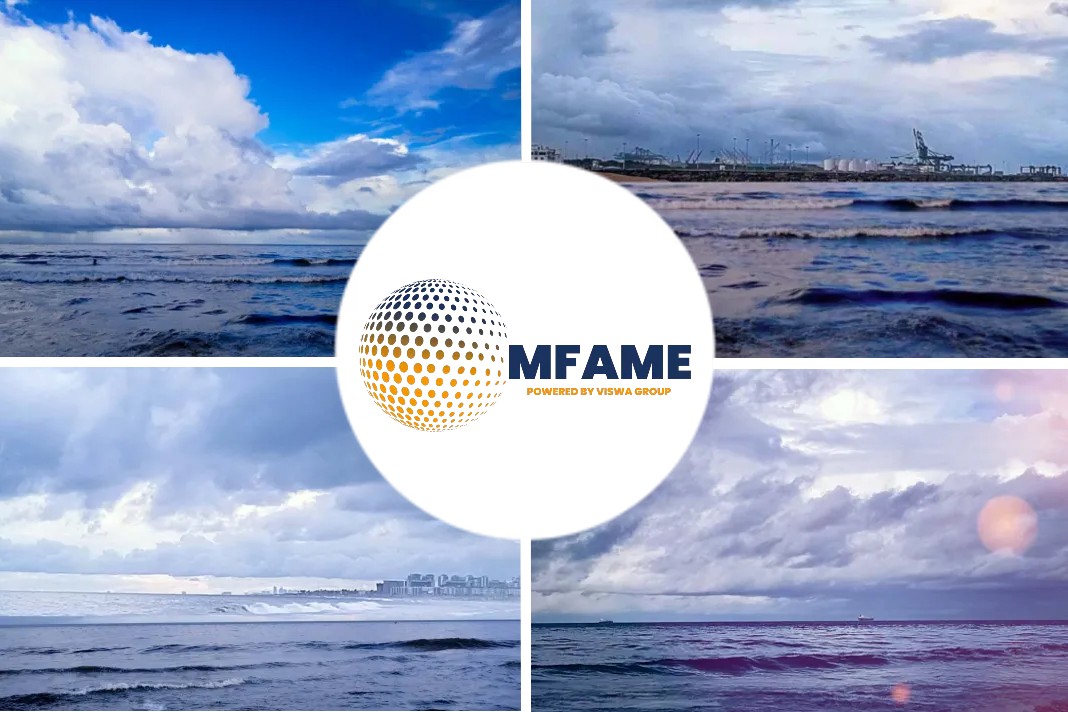- LNG shipping rates for the Pacific basin jumped to $75,000 per day, from $61,000 – $65,000 last week.
- The average LNG price for November delivery into northeast Asia was estimated at $5.55 per million British thermal units (mmBtu), down from $5.75 per mmBtu last week.
- Dutch front-month prices, a European benchmark, traded at around 16 euros per megawatt-hour, or $5.15, compared to $3.51 at the end of September.
- European countries such as France, Austria, and Poland reported gas storage 100% full with tanks across the continent 97.4% full on average.
According to an article published in Reuters, Asian spot prices for LNG slipped this week, with many Chinese and other regional players absent from the market due to the Golden Week holiday and no respite seen from rising supplies.
Decrease in LNG prices
- The average LNG price for November delivery into northeast Asia was estimated at $5.55 per million British thermal units (mmBtu), down from $5.75 per mmBtu last week.
- There were few trades done in a quiet market due to the week-long vacation in China as well as a public holiday in South Korea, traders said.
- On the Platts window, Shell sold a cargo to Vitol for delivery between Nov. 28 and Dec. 2 to Tianjin, China for $6.25 per mmBtu.
- Several November cargoes were offered this week – by Abu Dhabi National Oil Co (ADNOC) from its Das Island plant on a delivered-ex-ship basis and from the Ichthys LNG plant in Australia, sources said.
- Angola also offered a cargo for end-October loading, one source said.
- LNG prices have been at multi-year seasonal lows for much of the year despite increasing consumption as China’s demand growth stabilizes and falls behind soaring production from new plants.
- On Friday, Kinder Morgan’s Elba Island plant in the U.S. state of Georgia became the fourth to start up this year. U.S. exports so far this year have equaled the 2018 total of the world’s No. 3 exporter, Malaysia.
European storages are full
Did you subscribe to our daily newsletter?
It’s Free! Click here to Subscribe!
Source: Reuters
















